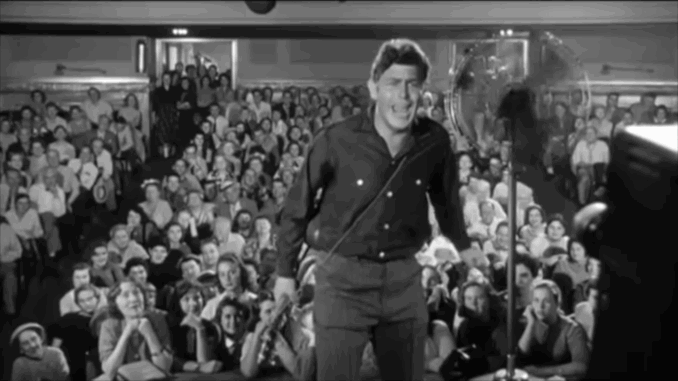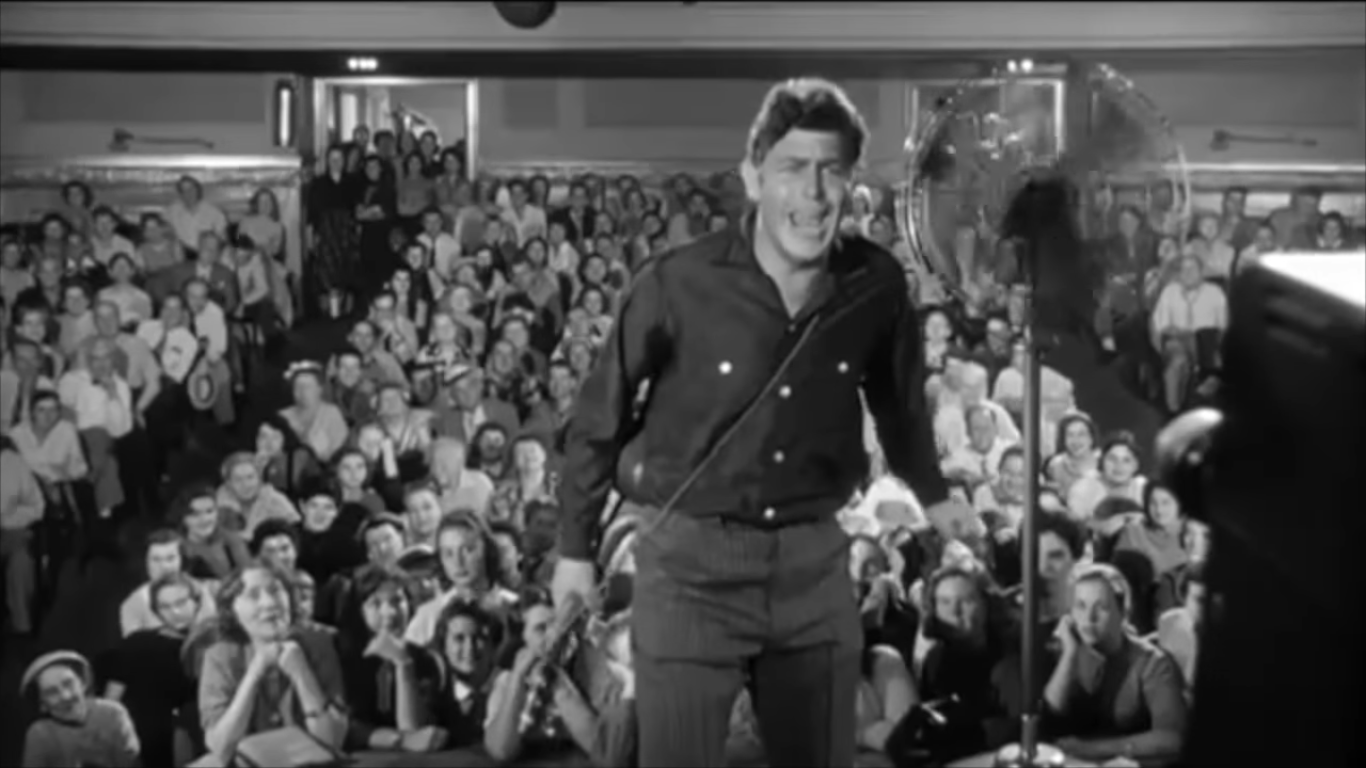
Andy Griffith was an obsessive worrier. He was insecure in crowded social situations and often avoided big Hollywood events. “I was afraid I wouldn’t be able to handle it,” he admitted candidly. “I wish I could be like Sheriff Andy Taylor—he was nicer than me, more approachable and calm. I get angry easily, and when I get angry, it’s fierce.”
Despite his iconic role as a gentle, calm, and forgiving father, Griffith was candid about what he considered his serious flaws in real life: a reticence to show emotion in public, a habit of suppressing emotions, and a tendency to isolate himself. He attributed this to the culture of his Appalachian upbringing, where emotional reserve was almost a rule of life.
“We mountain people don’t show emotion,” Griffith tried to explain. “My grandfather showed only one emotion in his life – and that was when he was about to die. As he lay in his hospital bed, he suddenly sat up and gently kissed my grandmother on the cheek. It was the first – and last – time anyone saw him touch her. Then he lay back down and died. It was just one act, but no one in the family would forget it.”
Despite his life in the spotlight, Griffith remained down-to-earth and down-to-earth. In his moments away from the Hollywood spotlight, he retreated to his 53-acre North Carolina vacation home, where he plowed and prepared the land to plant cedar trees – part of an effort to maintain his inner peace and his roots.
When Griffith reminisces about his childhood, he often falls into a state of “two worlds intersecting.” Sometimes he remembers the laughter of summer days when kids played in the sunset, kicking up pebbles and making up stories. But then a darker side emerged – memories of a skinny, awkward, unathletic boy who was teased by his friends as “Andy Gump” (a silly cartoon character). And then there was the deep pain when, at age 11, someone called him “white trash” – a classist insult he never forgot.
Yet Andy Griffith continued to grow – both in art and in life. He is a living testament to comedian Pat Buttram’s witty but true observation: “A Southern accent but a Northern income – that’s the ideal world.” Although he once wondered if he should drop his Southern accent to better fit into Hollywood, his manager immediately replied: “Sure, if you want to change careers.” It was a gentle but profound reminder – that it was the accent, the persona and the rustic mountain countryside that made Andy Griffith.
Deep down, Griffith is a man with a heart full of emotions, although he often hides it behind a calm exterior. In the midst of a glamorous world, he is still a “country boy” – not just an image on screen, but a real, precious self.
